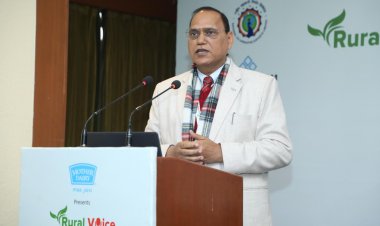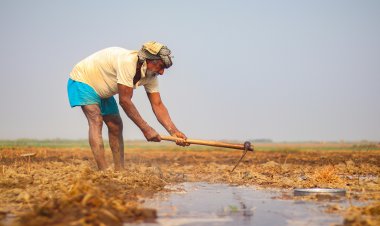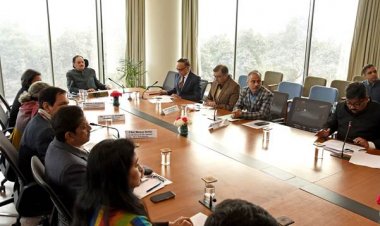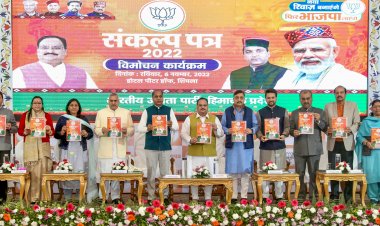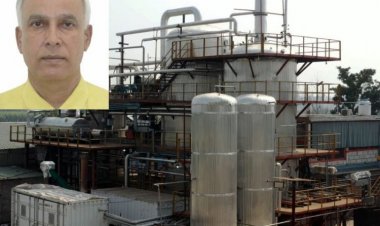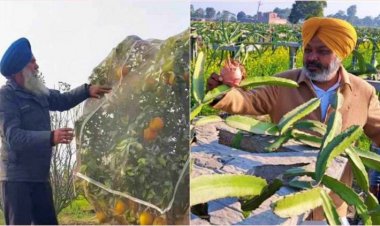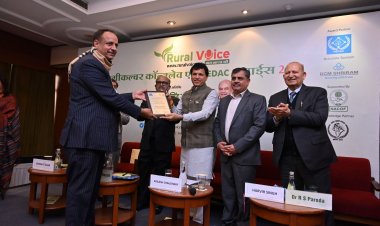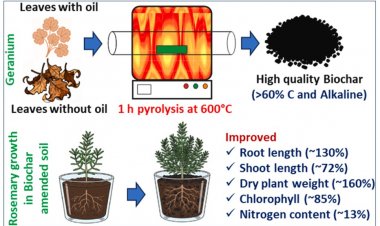Govt subsidy on machinery to check stubble burning
The government has revised guidelines for crop residue management enabling ex-situ management of paddy straw and is also providing financial assistance on the capital cost of machinery. A senior agriculture ministry official said the Government of India is committed to helping farmers to manage stubble.
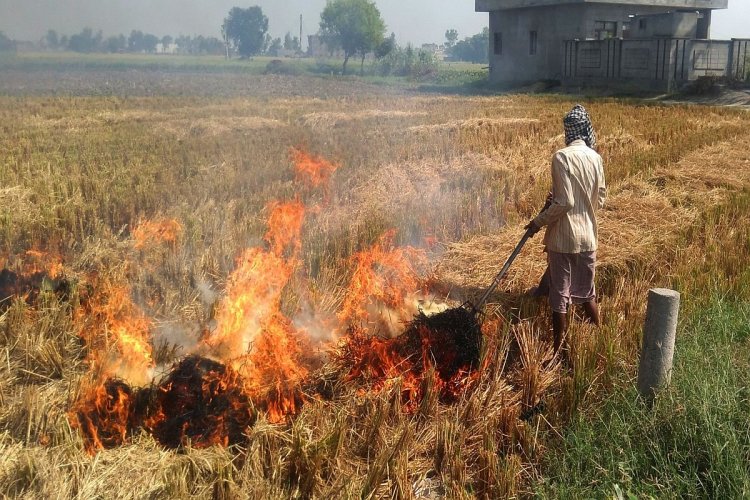
The government has revised guidelines for crop residue management enabling ex-situ management of paddy straw and is also providing financial assistance on the capital cost of machinery. A senior agriculture ministry official said the Government of India is committed to helping farmers to manage stubble.
"We have launched revised guidelines on crop residue management and are now promoting ex-situ management of straw, offering financial assistance for capital cost of machinery through subsidy of up to 65 per cent for projects, while industry will need to contribute 25 per cent towards operational costs," Joint Secretary, Ministry of Agriculture and Farmers Welfare, S Rukmani said at a National Workshop in Delhi on Clean & Green Solutions for Rice Straw Management, organised by the CII and the Agriculture Ministry. A CII statement said that Rukmani emphasised that stubble can be a source of wealth. She spoke about the Government's initiative on paddy straw supply chain, promoted in a Public-Private Partnership (PPP) model with the purpose of involving industries that can utilize it.
There are many uses for paddy straw, but there was no robust supply chain available for these industries, the joint secretary said. On the long-standing issue of stubble burning, S Sivakumar, Chairman, CII National Agriculture Council and Group Head, Agri & IT Business, ITC Ltd, said that in every problem there lies a solution, but almost all solutions create new problems.
"This is a continuous journey, and the issue of rice straw management is no exception. For instance, burning stubble seemed like a solution at one time given the short window period between harvesting one crop and sowing the next, but burning ruined soil quality and created enormous pollution," he said. To understand what is hindering a complete solution, he said, "We need to understand where gaps exist whether in terms of awareness, cost issues or where investment is holding us back: each region will face unique challenges that must be overcome.
Arvind Meshram, Deputy Commissioner, Ministry of Agriculture and Farmers Welfare elaborated on the revised guidelines and said that machinery such as the Happy Seeder, Super Seeder, and others can help in incorporating paddy straw into the soil, benefiting farmers by enriching the soil. The crop residue management project will benefit farmers by providing them with income from selling paddy straw, while industries will receive a continuous supply, he said.
In July, the Centre had revised the Crop Residue Management guidelines enabling efficient ex-situ management of paddy straw generated in the States of Punjab, Haryana, Uttar Pradesh and Delhi. As per the revised guidelines, techno-commercial pilot projects for Paddy Straw Supply Chain will be established under the bilateral agreement between the beneficiary/aggregator (Farmers, rural entrepreneurs, Cooperative Societies of Farmers, Farmers Producer Organizations (FPOs) and Panchayats) and industries utilising the paddy straw.



 Join the RuralVoice whatsapp group
Join the RuralVoice whatsapp group

















